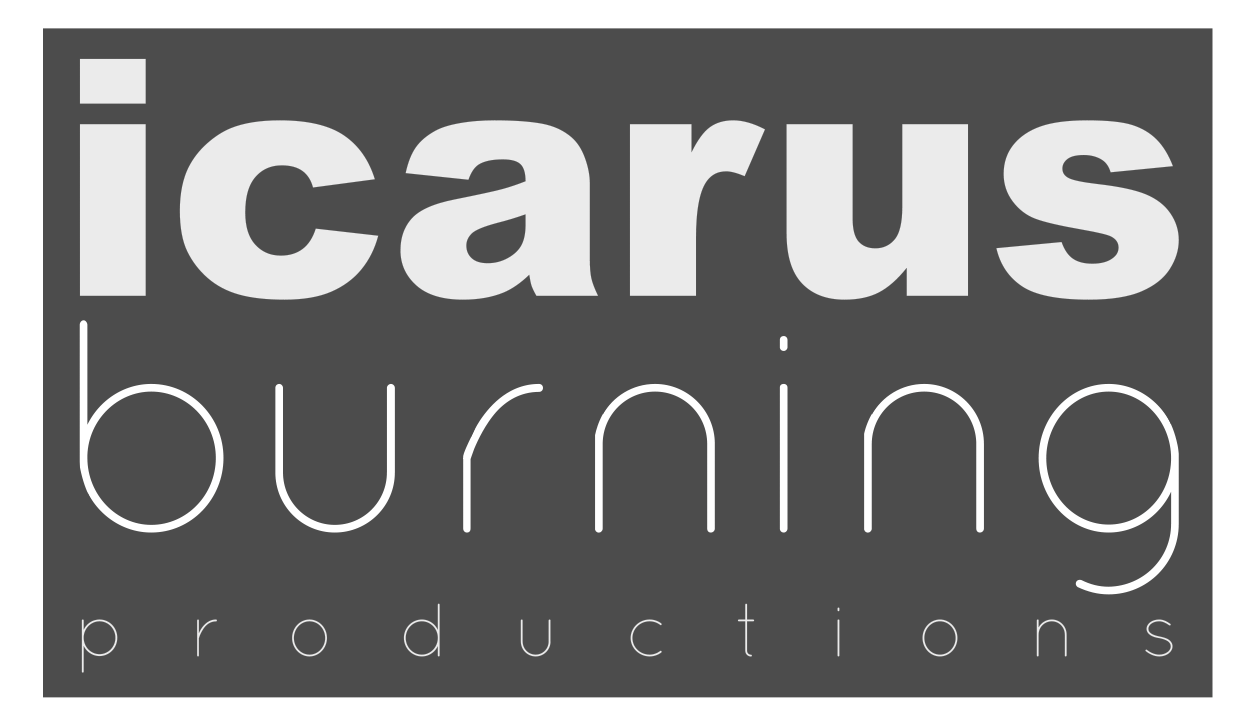There is no quick or certain path to creating a documentary video for a public university on a topic as sensitive as race. A great deal of deliberation, rewriting, and editing took place as we (the professors and myself) tried to hone the message and the best images/animations to accompany the voiceover. My favorite moment came as I was struggling to figure out a good animation regarding the emphasized word “Power”, and after some suggestions from the professors I grabbed onto their idea of referencing the WWII Japanese internment camps that the USA implemented which led me to a treasure trove of Ansel Adams photos he took of some camps. I had so much fun tearing apart the image to create some depth, and giving it a vintage film style.
I got to sit inside of a lecture and film some of the students (who all signed waivers) which was an interesting experience. One of my favorite aspects of making a documentary is the lack of control you have to deal with. Sometimes, you get to set up an interview and take your time setting up lights and crafting a great shot, but quite often you have to work with the light that’s available in the room, and you can’t stage the actors or props to create the perfect composition. I really enjoy the challenge of having to create on the fly!
In this documentary I had to shoot two interviews and a classroom of students without any lighting or staging. Due to budget & time constraints I had to work fast. No tripods, no sliders, no lights, just my camera and my creative eye. I loved the challenge and think we created some beautiful shots that really helped compel the story forward. For the interviews I advised crafting the questions beforehand and coordinating with the professors to help us dial in our message which would give us more time to capture the dialog we needed. Not all things go as planned, however, and the end result was that the interviews were more off the cuff which meant a bit more editing and refining, but the benefit was that the tone was much more natural and personal.
